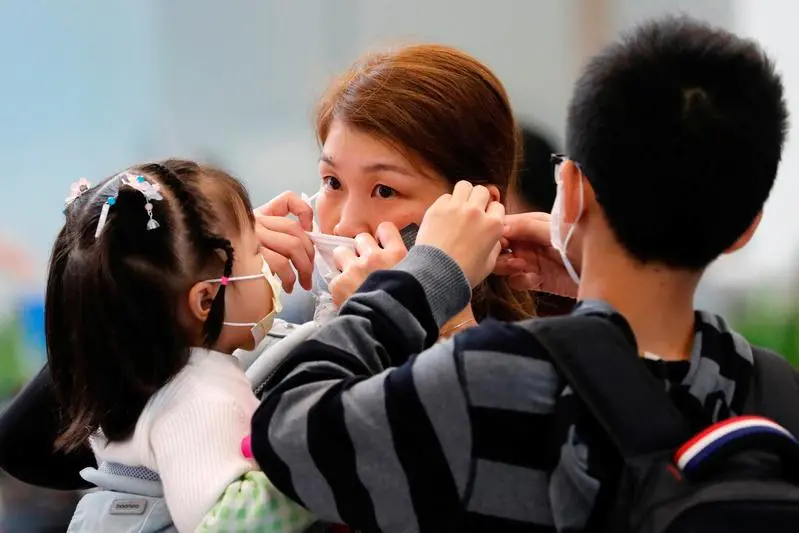PHOTO
HONG KONG - China’s political system has weak immunity to viruses. A bungled swine flu cover-up doubled pork prices last year. Now a mysterious outbreak of pneumonia is panicking citizens just days before the start of what’s usually a $150 billion spending boom: the lunar new year holiday. President Xi Jinping’s corruption purge may have made officials less venal, but not, apparently, more credible.
Concealing epidemics, environmental crises, and product scandals was once reflexive behaviour for local governments. Burying bad news can head off career-ending popular protests. Now officials must manage the flow of facts and rumour about a virus that emerged in Wuhan, a large city in central China.
When it comes to infectious disease, local censorship slows medical response and facilitates transmission. That’s what happened with the Severe Acute Respiratory Syndrome (SARS) in 2003, a coronavirus similar to that found in Wuhan. SARS killed nearly 800 people, docked a percentage point from China’s economic growth, and erased up to $18 billion in travel, tourism and retail sales in Asia, according to one academic estimate.
Beijing scored transparency points with its handling of the H7N9 avian flu in 2013, but then fumbled its response to African swine flu, which some officials initially tried to cover up. Around half of China’s herd had to be culled.
Distrust is a tax that distorts consumption. After the Sichuan earthquake in 2008, some residents of the provincial capital disregarded official reassurances, hoarding bottled water and camping outside for months on end, refusing to believe their buildings were safe. The 2011 Fukushima nuclear accident in Japan caused a bizarre rush on iodized salt in China.
The coronavirus has already killed four and infected hundreds. It has spread overseas. With an estimated 400 million Chinese planning to travel for the holiday, the question is how many will still go and spend.
Xi’s massive purge of corrupt officials made him popular, but it was packaged with tighter control of media, and suppression of negative economic commentary. This encourages officials to report only good news, so some will naturally try to control disease outbreaks before they become public. When that backfires, the result is personal tragedy and economic waste.
CONTEXT NEWS
- Officials said on Jan. 21 that four people in the central Chinese city of Wuhan have now died from an outbreak of pneumonia linked to a new strain of coronavirus that authorities suspect originated in a seafood market. The total number of known cases stands at over 200 as officials have confirmed human-to-human transmission. Cases have been reported in Beijing, Shanghai and Guangdong province, and also in Thailand, Japan and South Korea.
- The virus belongs to the same family of coronaviruses as Severe Acute Respiratory Syndrome (SARS), which killed nearly 800 people globally during a 2002/03 outbreak that also started in China.
- The World Health Organisation convened an emergency committee for Jan. 22 to assess whether the outbreak constitutes an international health emergency and what measures should be taken to manage it.
- China's consumer prices in December rose 4.5% from a year earlier, according to official data released on Jan. 9, unchanged from November's pace, but lower than analysts' forecast of 4.7%. The gains were fuelled by a continued surge in pork prices as African swine fever ravaged the country's hog herds.
(Editing by Una Galani, Sharon Lam and Katrina Hamlin)
© Reuters News 2020




















